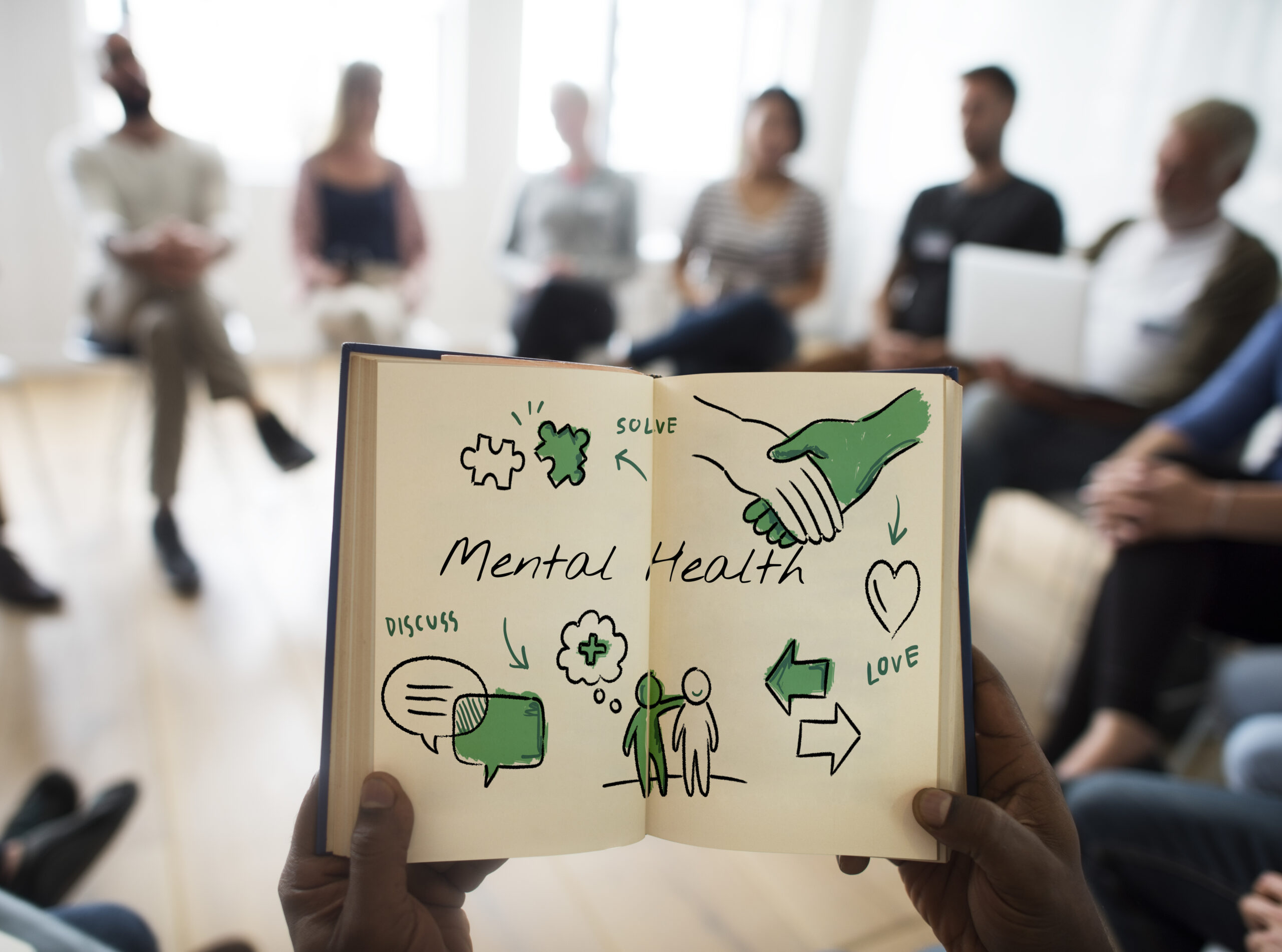Understanding Mental Health: A Comprehensive Guide
Introduction
Mental health plays a crucial role in our overall well-being. It shapes how we think, feel, and behave in our everyday lives. When our mental state is strong, we can manage stress effectively, make informed decisions, and foster meaningful relationships. Unfortunately, mental health often gets neglected, which can lead to serious repercussions if not addressed.
This guide will delve into mental health, discussing its significance, common disorders, early warning signs, risk factors, and practical strategies for maintaining a healthy mind.
What Is Mental Health?
Mental health encompasses our emotional, psychological, and social well-being. It influences how we handle emotions, interact with others, and face daily challenges. Good mental health is not merely the absence of mental illness; it involves leading a balanced and fulfilling life.
Key Aspects of Mental Health:
- Emotional well-being: The ability to effectively manage emotions.
- Cognitive function: Our capacity to think, learn, and remember
- Social interactions: The quality of our relationships and connections with others.
- Resilience: The ability to recover from setbacks.
Common Mental Health Disorders
Millions of individuals around the globe face mental health challenges. Here are some of the most common conditions:
Anxiety Disorders:
These are characterized by overwhelming fear, worry, and nervousness, which can interfere with daily life and lead to physical symptoms such as a racing heart and restlessness.
Depression:
More than just feeling sad, depression involves a persistent low mood, a lack of interest in activities, fatigue, and trouble concentrating.
Bipolar Disorder:
This condition is defined by extreme mood swings, including manic episodes (high energy, impulsive behavior) and depressive episodes (low mood, exhaustion).
Schizophrenia: A serious mental health condition that impacts thinking, emotions, and behavior, often resulting in hallucinations, delusions, and social withdrawal.By understanding these disorders, we can help reduce stigma and encourage those affected to seek help.
- Early Signs of Mental Health Issues
- Recognizing mental health issues early can lead to more positive outcomes. Some signs to watch for include:
- Ongoing feelings of sadness, anxiety, or emptiness.
- Severe mood swings or increased irritability.
- Withdrawal from social interactions and a disinterest in activities once enjoyed.
- Alterations in sleep habits—either insomnia or sleeping too much.
- Unexplained tiredness or a lack of drive.
- Challenges with focus or decision-making.
- Increased reliance on substances like alcohol or drugs.
- Thoughts of self-harm or suicide (seek immediate help if this happens).
- Being aware of these symptoms can motivate individuals to seek help sooner.
What Causes Mental Health Issues?
Mental health disorders stem from a mix of factors. Here are some key contributors:
Biological Factors:
Genetic tendencies, hormonal changes, and brain chemistry are influential.
Environmental Stressors:
Experiences such as childhood trauma, abuse, financial difficulties, or exposure to violence can heighten risk.
Lifestyle Choices:
An unhealthy diet, insufficient physical activity, and substance misuse can adversely impact mental health.
Chronic Illnesses:
Conditions like diabetes, heart disease, or ongoing pain can lead to mental distress.
A combination of these elements can increase an individual’s susceptibility to mental health issues.
How to Maintain Good Mental Health
Taking proactive measures can greatly enhance mental well-being. Here are some practical strategies:
1. Prioritize Self-Care
- Aim for 7-9 hours of sleep each night.
- Consume a balanced diet that supports brain health.
- Engage in hobbies that provide joy and relaxation.
2. Exercise Regularly
Physical activity releases endorphins, which help alleviate stress and elevate mood. Strive for at least 30 minutes of exercise on most days.
3. Stay Connected
Nurture relationships with supportive family and friends.
Participate in community groups or support networks to reduce feelings of loneliness.
4. Manage Stress Effectively
- Engage in deep breathing exercises and practice mindfulness meditation.
- Maintain a journal to articulate your thoughts and feelings.
- Establish realistic goals to prevent feelings of being overwhelmed.
5. Seek Professional Help When Needed
- Therapy and counseling can offer valuable strategies for coping.
- Medications might be prescribed for specific conditions.
- Mental health hotlines are available for immediate assistance.
- Prioritizing mental well-being can lead to a happier, healthier life.
Breaking the Stigma Around Mental Health
One of the main obstacles to seeking help is the stigma associated with mental health issues. Many individuals fear being judged, which causes them to suffer in silence. To change this narrative:
- Educate others about the realities of mental health.
- Share personal experiences openly.
- Encourage those who are struggling to reach out for support.
- Mental health is just as vital as physical health, and seeking help should be seen as a sign of strength, not weakness.
Conclusion
Mental health is essential to our overall well-being. By understanding common disorders, recognizing early signs, and taking proactive measures, individuals can lead healthier, more fulfilling lives. By breaking the stigma and fostering open discussions, we can create a society where mental health is prioritized.







